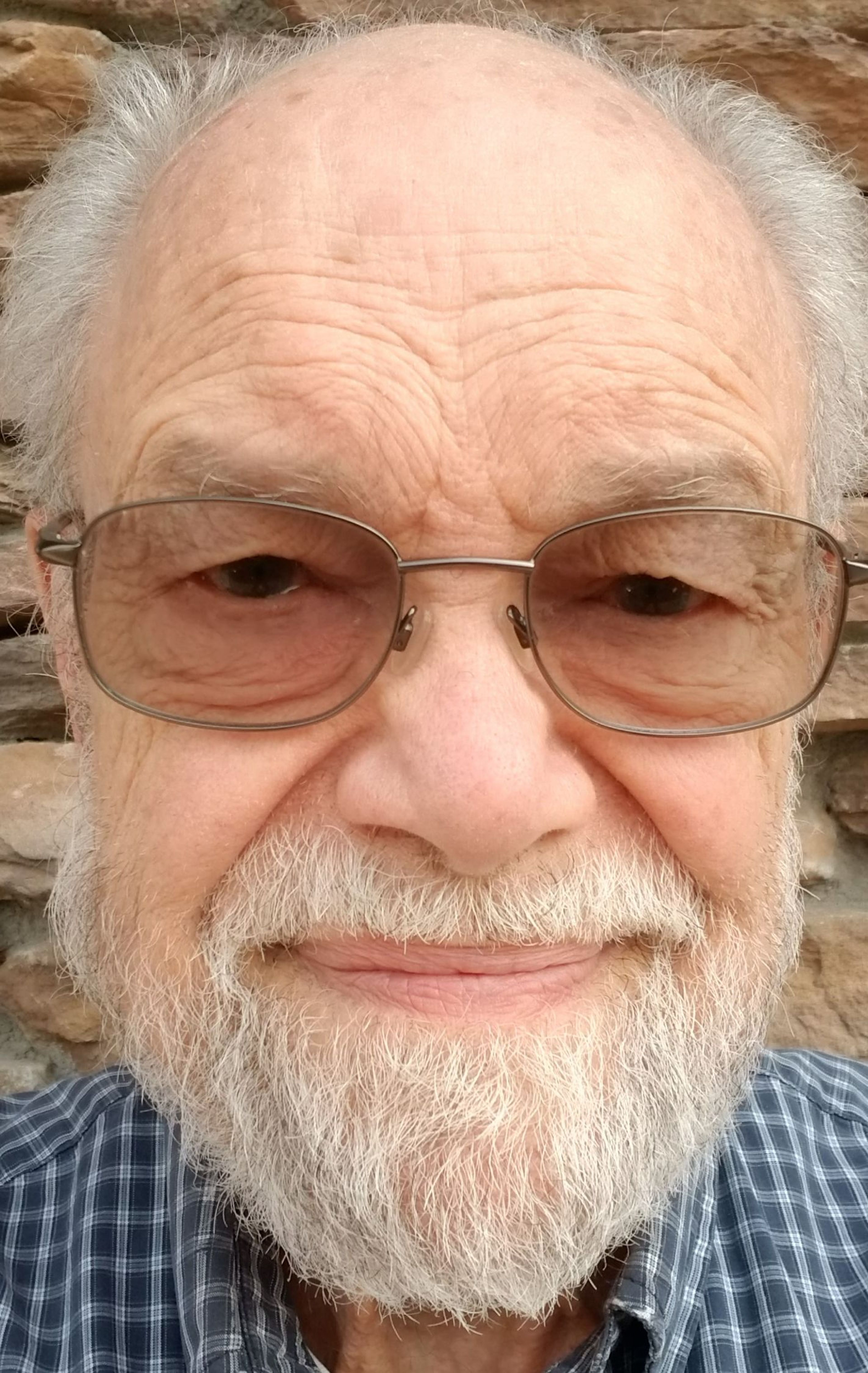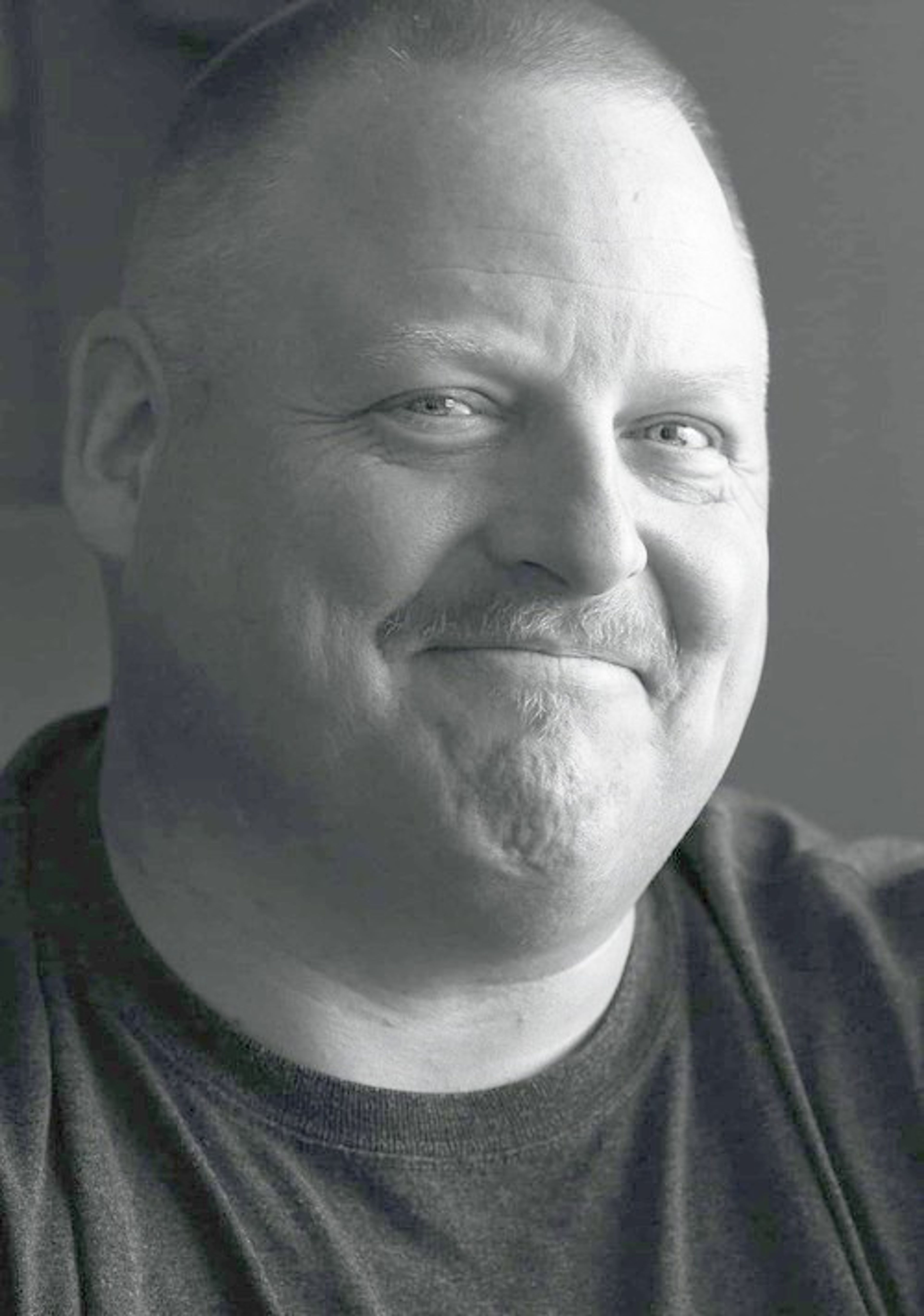Wow! So much has happened in the world of global warming that it seems like a lifetime. Yet it’s been only 17 years since the 2007 Nobel Peace Prize was awarded to the Intergovernmental Panel on Climate Change (IPCC) and former Vice President Al Gore. They were honored “for their efforts to build up and disseminate greater knowledge about man-made climate change, and to lay the foundation for the measures that are needed to counteract such change.”
The IPCC contribution established the 20-year scientific foundation corroborating facts about climate change. Gore’s contribution was disseminating those facts widely in “An Inconvenient Truth,” a popular documentary that made the science understandable.
That year, I returned home after teaching English in China for 11 years. Before China, I’d worked for decades analyzing human-caused environmental impacts, but I was totally ignorant about climate change. When I asked a scientist friend, he replied, “Al Gore is a liar.”
I didn’t respond. As an ecologist, I doubted that glib reply. When I started searching the internet, I encountered heated rhetoric, rabid, scurrilous narratives that warmed both internet and planet. Conflicting perspectives irritated me. My ignorance frustrated me. Much “scientific” information seemed agenda-driven, distorted and amplified by diatribes instead of science.
In desperation, I enrolled in an online course offered by the Wilmette Institute, which I trust. Though intended for nonscientists, the course was science-based. It also drew on universal spiritual values for husbanding Earth, the planet we share. I was convinced. That course began in October 2014.
Three months later, I was teaching my own evening course on climate change for Pullman’s Parks and Recreation Department. We met for six weeks, 90 minutes each week. I tried to present a basic, admittedly superficial, approach to global warming and its underlying issues. In April, I started writing columns for this paper, with climate change an occasional topic.
Recently, I received an email from Christine, a WI instructor and now an old friend. She’s also active with the International Environmental Forum. Christine wrote that she had done "a major overhaul of the interfaith climate change course on the IEF website” and asked that I share information about it. These course materials, “Scientific and Spiritual Dimensions of Climate Change, an Interfaith Study Course,” are free wherever the internet is available. Searching on “ief climate change course” returns this website: iefworld.org/ssdcc0.html.
The aim of the course is to “empower individuals, groups, and institutions to address the environmental challenges in their communities and to engage in meaningful conversations for positive social change.” Observing that “the topic of climate change is huge,” the announcement adds, “most people are overwhelmed by too much information, some of which may not even be accurate.”
(After my own dithering for several years, running the gamut between truth and fiction about climate change, I view that last comment as a massive understatement!)
The IEF course “aims to provide the necessary knowledge that every citizen of the world needs to build a society in harmony with nature.” Observing that “knowledge alone is not sufficient,” the description continues: “Spiritual and ethical principles are needed for guidance and motivation.” These can “provide a vision for a just, peaceful, and environmentally sustainable world.”
As I write this in late June, heat records throughout the United States are being broken daily, stoking other environmental disasters like wildfires, extreme atmospheric events and widespread flooding.
The IEF materials provide a “spiritual perspective and empowerment for action.” It’s suggested that materials “can also help with the despair that can be caused by the realization of the seriousness of the state of our world.” These materials can be used either by groups adapting them to special needs and circumstances, or by individuals for personal study and action.
We humans, and other living creatures, share a planet under siege — from humans. We also share responsibilities for protecting and caring for our home, ourselves, and our loved ones. Working with others can foster mutual understanding and collective security, in this case, security from human-caused natural disasters. Society’s privileged might temporarily ignore facts, but they can’t isolate themselves from the changing environments now crippling Earth’s ecosystems, ecosystems that provide basic amenities: human habitat, food, clean air and water, and livable temperatures.
This is not new. Environmental conditions have worsened over the half-century since I wrote my dissertation, which included the following quotation from 19th century Baha’i scripture: “[Y]e walk on My earth complacent and self-satisfied, heedless that My earth is weary of you and everything within it shunneth you.”
Haug and his editor and wife, Jolie, work together on many projects. Contact Pete at petes.pen9@gmail.com. His internet archives are at https://favs.news/author/petehaug/








